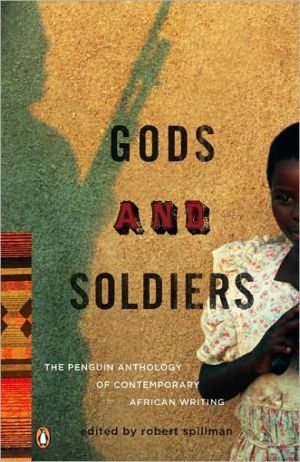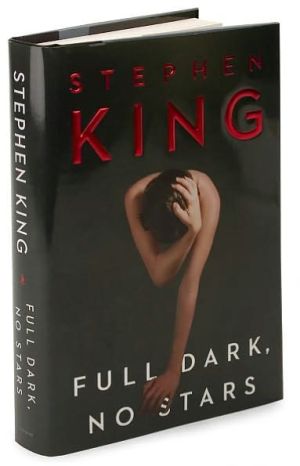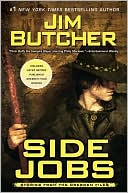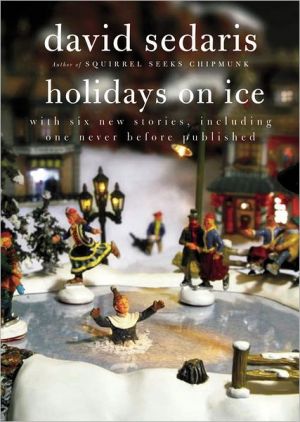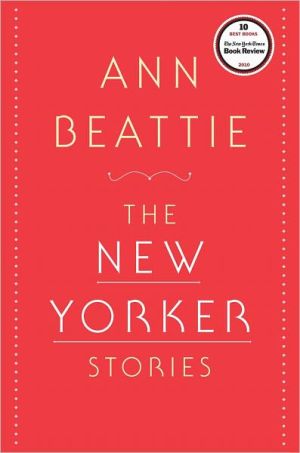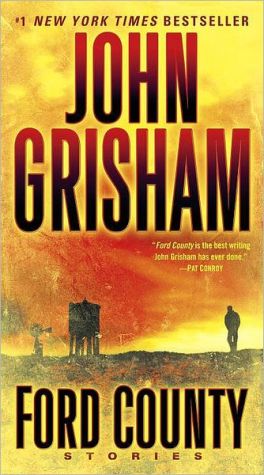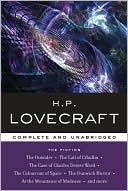Gods and Soldiers: The Penguin Anthology of Contemporary African Writing
A one-of-a-kind collection showcasing the energy of new African literature\ Coming at a time when Africa and African writers are in the midst of a remarkable renaissance, Gods and Soldiers captures the vitality and urgency of African writing today. With stories from northern Arabic-speaking to southern Zulu-speaking writers, this collection conveys thirty different ways of approaching what it means to be African. Whether about life in the new urban melting pots of Cape Town and Luanda, or...
Search in google:
A one-of-a-kind collection showcasing the energy of new African literature Coming at a time when Africa and African writers are in the midst of a remarkable renaissance, Gods and Soldiers captures the vitality and urgency of African writing today. With stories from northern Arabic-speaking to southern Zulu-speaking writers, this collection conveys thirty different ways of approaching what it means to be African. Whether about life in the new urban melting pots of Cape Town and Luanda, or amid the battlefield chaos of Zimbabwe and Somalia, or set in the imaginary surreal landscapes born out of the oral storytelling tradition, these stories represent a striking cross section of extraordinary writing. Including works by J. M. Coetzee, Chimamanda Adichie, Nuruddin Farah, Binyavanga Wainaina, and Chinua Achebe, and edited by Rob Spillman of Tin House magazine, Gods and Soldiers features many pieces never before published, making it a vibrant and essential glimpse of Africa as it enters the twenty-first century.Publishers WeeklySpillman, editor and cofounder of lit journal Tin House, brings together a diaspora full of urgency and possibility, featuring recent fiction and nonfiction (mostly fiction) from 30 African authors. First up is Chinua Achebe, author of the groundbreaking Things Fall Apart, looking at North African writers often excluded from the canon, reminding readers that Africa is far from homogeneous (entries come translated from Arabic, Zulu, French and other languages). Each piece finds a human story to illuminate the continent's history of plight and promise, turning up a range of voices: Helon Habila's breathtaking tale of a political prisoner forced to write poems for the prison superintendent's girlfriend; a scene from Ngugi wa Thong'o's novel Wizard of the Crow depicting an Orwellian celebration for an unnamed ruler; Patrice Nganang's essay "The Senghor Complex" examining the influence of poet Léopold Senghor, Senegal's first president ("[for] writers of my generation," he's "everyone's grandfather"). This collection sheds light on a multifarious continent too often thought of in one-size-fits-all terms. (May)Copyright © Reed Business Information, a division of Reed Elsevier Inc. All rights reserved.
Acknowledgments Introduction by Rob Spillman\ Map of Africa\ West Africa\ \ Nonfiction\ Chinua Achebe ♦ Nigeria\ "The African Writer and the English Language"\ Fiction\ Helon Habila ♦ Nigeria\ "Lomba"\ Mohammed Naseehu Ali ♦ Ghana\ "The Manhood Test"\ Chris Abani ♦ Nigeria\ from Becoming Abigail\ E. C. Osondu ♦ Nigeria\ "Voice of America"\ Chimamanda Ngozi Adichie ♦ Nigeria\ from Half of a Yelllow Sun\ Francophone Africa\ \ Nonfiction\ Patrice Nganang ♦ Cameroon\ "The Senghor Complex"\ Fiction\ Alain Mabanckou ♦Republic of Congo\ from Broken Glass\ Fatou Diome ♦ Senegal\ from The Belly of the Atlantic\ Boubacar Boris Diop ♦ Senegal\ from Murambi, The Book of Bones\ North Africa\ \ Nonfiction\ Laila Lalami ♦ Morocco\ "The Politics of Reading"\ Fiction\ Nawal El Saadawi ♦ Egypt\ from Woman at Point Zero\ Mohamed Magani ♦ Algeria\ from The Butcher's Aesthetic\ Aziz Chouaki ♦ Algeria\ from The Star of Algiers\ Leila Aboulela ♦ Sudan\ "Souvenirs"\ East Africa\ \ Nonfiction\ Binyavanga Wainaina ♦ Kenya\ from Discovering Home\ Fiction\ Ngugi wa Thiong'o ♦ Kenya\ from Wizard of the Crow\ Doreen Baingana ♦ Uganda\ "Christianity Killed the Cat"\ Nuruddin Farah ♦ Somalia\ from Knots\ Abdourahman A. Waberi ♦ Djibouti\ from The United States of Africa\ Former Portuguese Colonies\ \ Nonfiction\ Mia Couto ♦ Mozambique\ "Languages We Don't Know We Know"\ Fiction\ Ondjaki ♦ Angola\ "Dragonfly"\ Jose Eduardo Agualusa ♦ Angola\ from The Book of Chameleons\ Southern Africa\ \ Nonfiction\ J. M. Coetzee ♦ South Africa\ "The Memoirs of Breyten Breytenbach"\ Fiction\ Yvonne Vera ♦ Zimbabwe\ "Dead Swimmers"\ Niq Mhlongo ♦ South Africa\ from Dog Eat Dog\ Nadine Gordimer ♦ South Africa\ "A Beneficiary"\ Marlene van Niekerk ♦ South Africa\ from Agaat\ Zakes Mda ♦ South Africa\ from Ways of Dying\ Ivan Vladislavic ♦ South Africa\ "The WHITES ONLY Bench"\ Biographical Notes
\ Publishers WeeklySpillman, editor and cofounder of lit journal Tin House, brings together a diaspora full of urgency and possibility, featuring recent fiction and nonfiction (mostly fiction) from 30 African authors. First up is Chinua Achebe, author of the groundbreaking Things Fall Apart, looking at North African writers often excluded from the canon, reminding readers that Africa is far from homogeneous (entries come translated from Arabic, Zulu, French and other languages). Each piece finds a human story to illuminate the continent's history of plight and promise, turning up a range of voices: Helon Habila's breathtaking tale of a political prisoner forced to write poems for the prison superintendent's girlfriend; a scene from Ngugi wa Thong'o's novel Wizard of the Crow depicting an Orwellian celebration for an unnamed ruler; Patrice Nganang's essay "The Senghor Complex" examining the influence of poet Léopold Senghor, Senegal's first president ("[for] writers of my generation," he's "everyone's grandfather"). This collection sheds light on a multifarious continent too often thought of in one-size-fits-all terms. (May)\ Copyright © Reed Business Information, a division of Reed Elsevier Inc. All rights reserved.\ \ \ \ \ Library JournalSpillman (editor, Tin House magazine) writes that he realized a few years ago that he was witnessing an African literary renaissance. Here, he includes well-known authors (such as Chinua Achebe) and lesser-known authors alike and organizes selections geographically by region. Each section begins with a nonfiction piece followed by several fictional works. Spillman opens with a brief introduction and finishes with short biographical notes. There are important and beautiful pieces here; however, many of the pieces are excerpted from longer works, and Spillman does not offer context beyond a short bit in his introduction to the book. The initial publication dates are not mentioned, and one essay dates back to 1965. For those unfamiliar with African political history and literatures, this collection is less than accessible. Still, it's a good jumping-off point that gets across Spillman's message-there's a whole lot of great stuff currently coming out of Africa that deserves exposure. Recommended for academic and larger public libraries.\ —Audrey Snowden\ \ \
